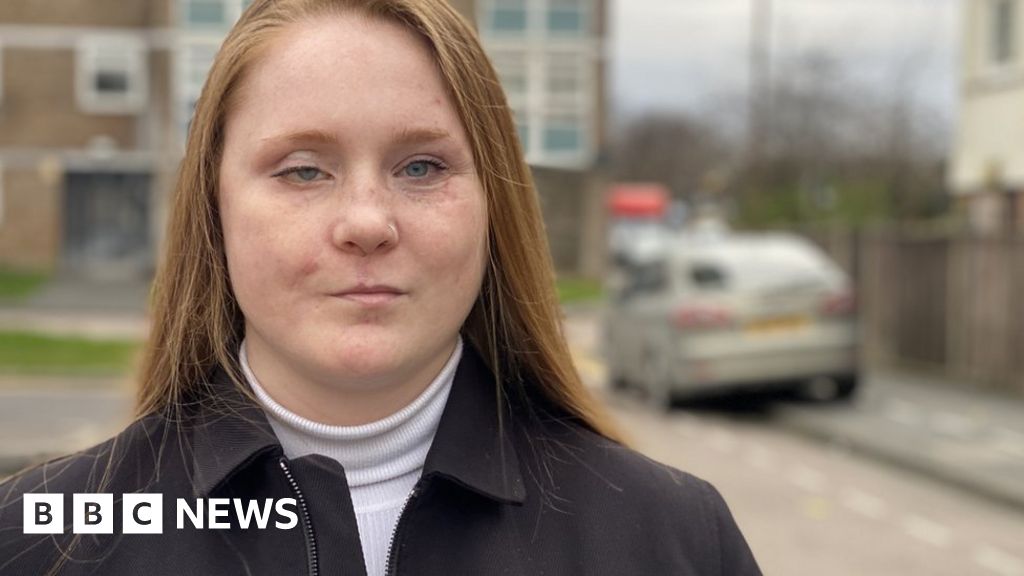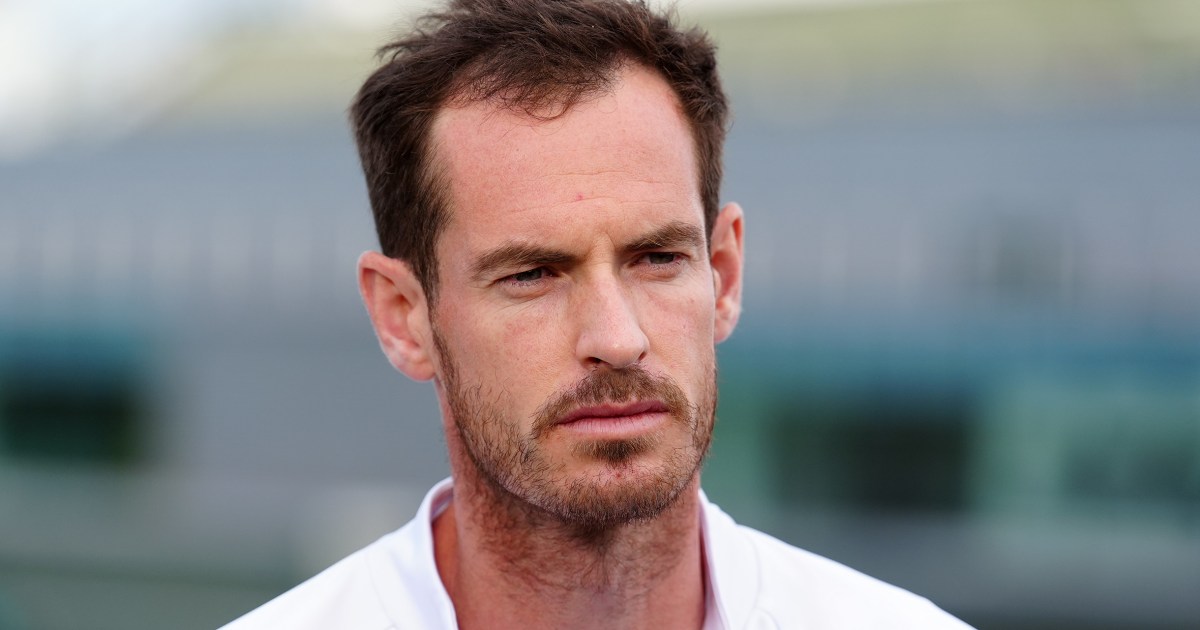
“I was told I was airlifted to the Royal London [Hospital] and put in a coma for three weeks,” Shannon says. “They had to call my family down to say their goodbyes.”
Shannon, 24, was hit on the side of her head by a digger while working on a building site in east London, in 2020. She needed operations to reconstruct parts of her face, using muscle from her legs. Pins and wires now hold her jaw together.
But, as with so many people who have lived through a traumatic brain injury, the visible, physical damage to her body was just part of the problem.
“It has had a real impact on my mental health and I have felt very low,” Shannon says. “I wasn’t going out, I wasn’t taking care of myself and I put on weight.
“It has been a fight just to get out of bed and wash my face. It has been very difficult, almost unbearable at points.”
In the immediate aftermath of such an accident, the focus has tended to be been on surgery, rehab and treating physical symptoms. But longer-term effects – such as depression and mood swings – can have a severe impact for many.
Shannon says it took “maybe a year” after leaving hospital to get the right support and medication in place and start to “pull out of it”.
https://www.bbc.co.uk/news/health-68557769





